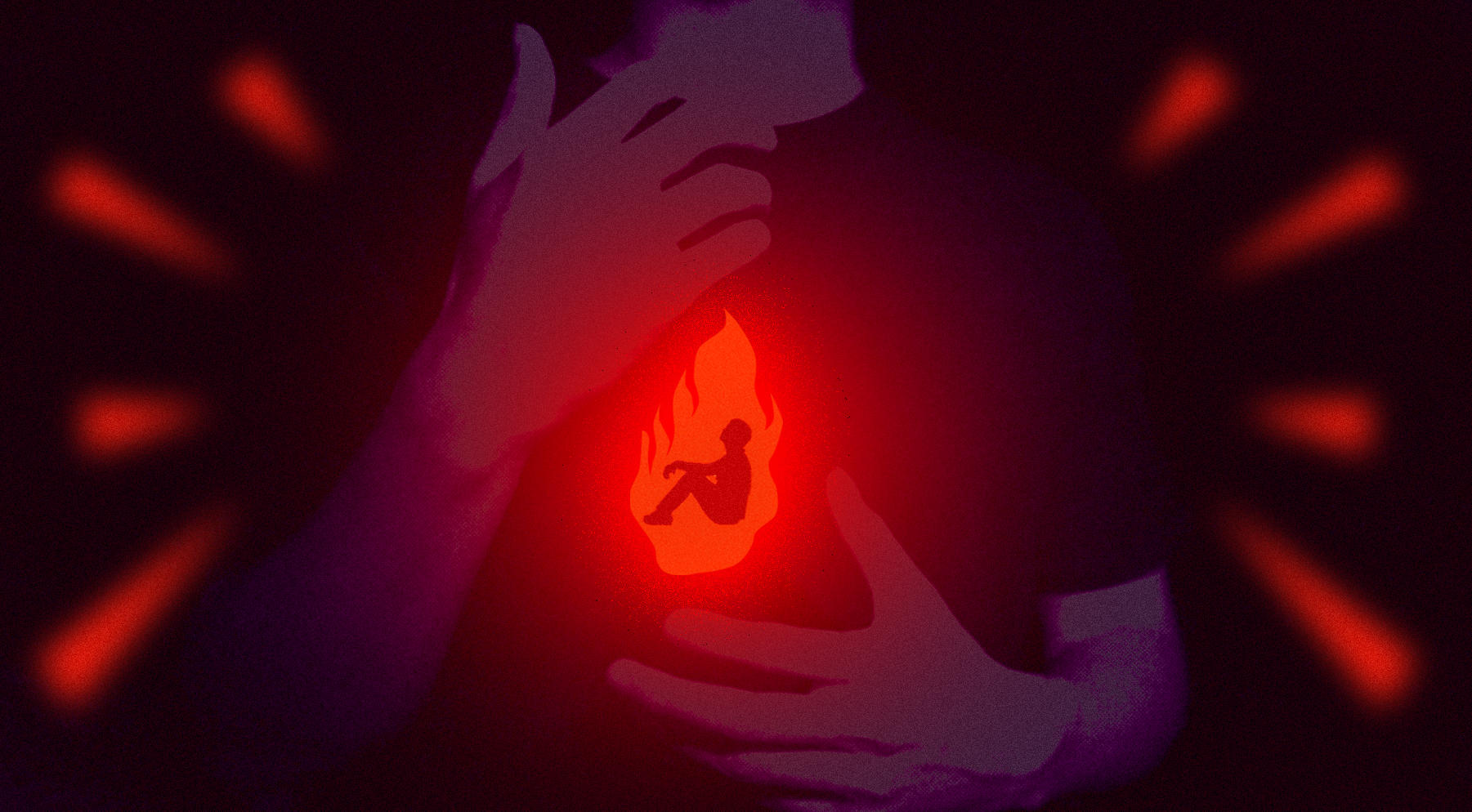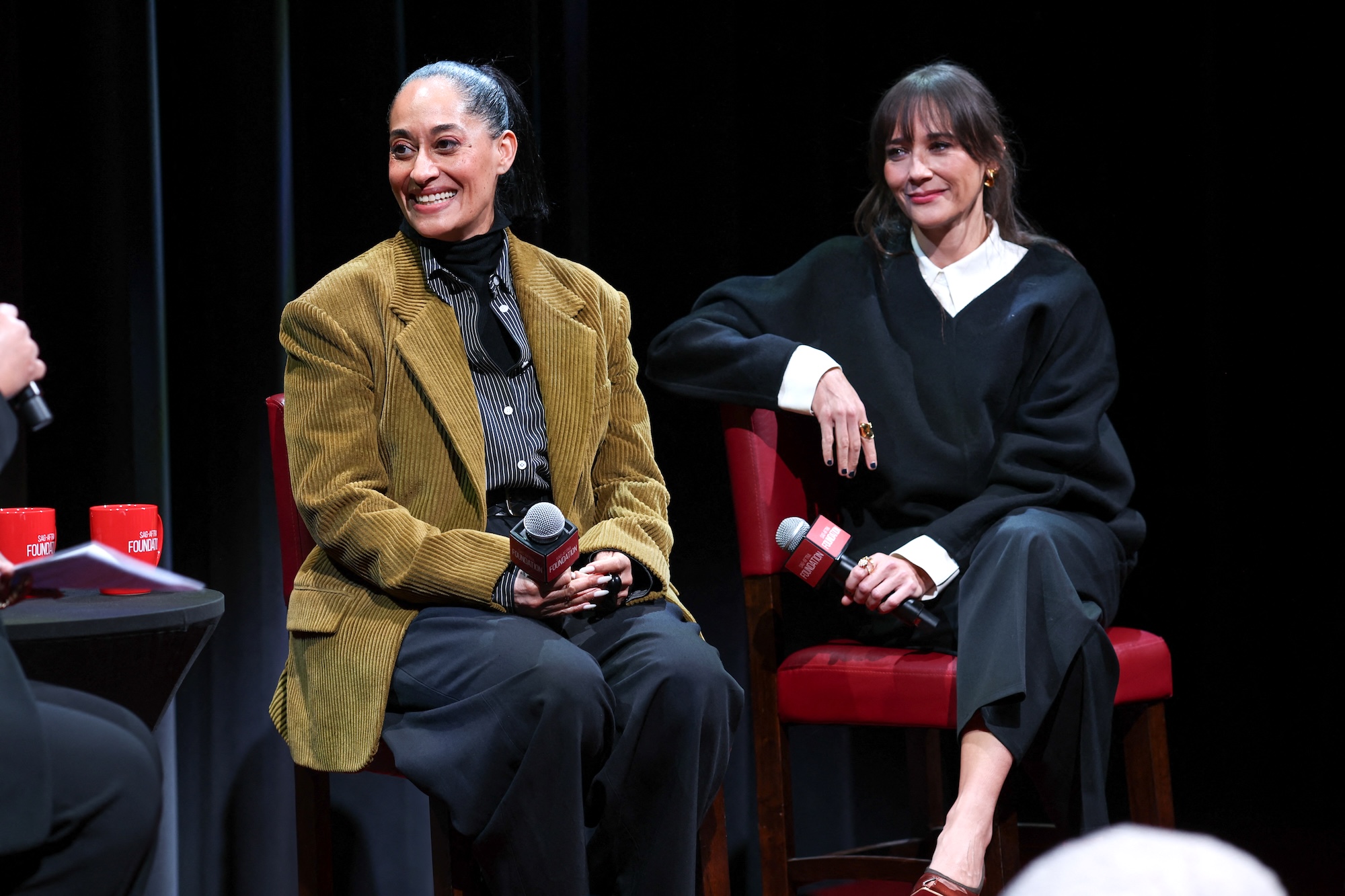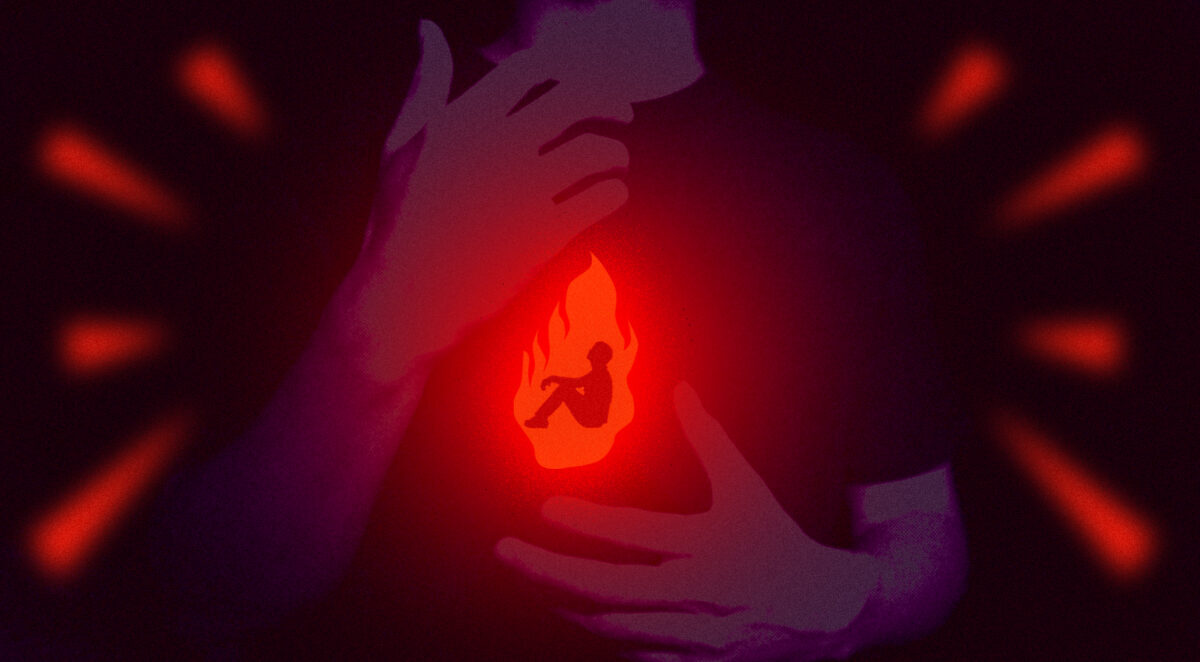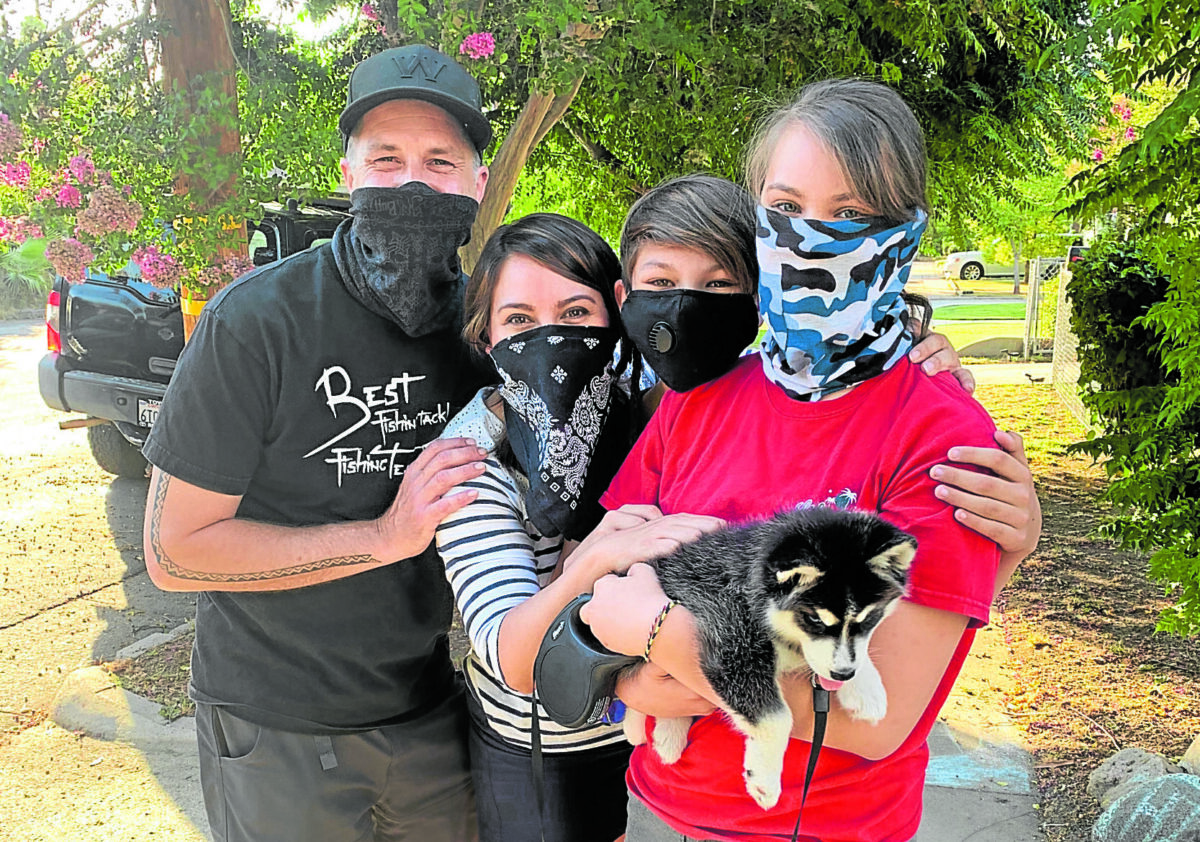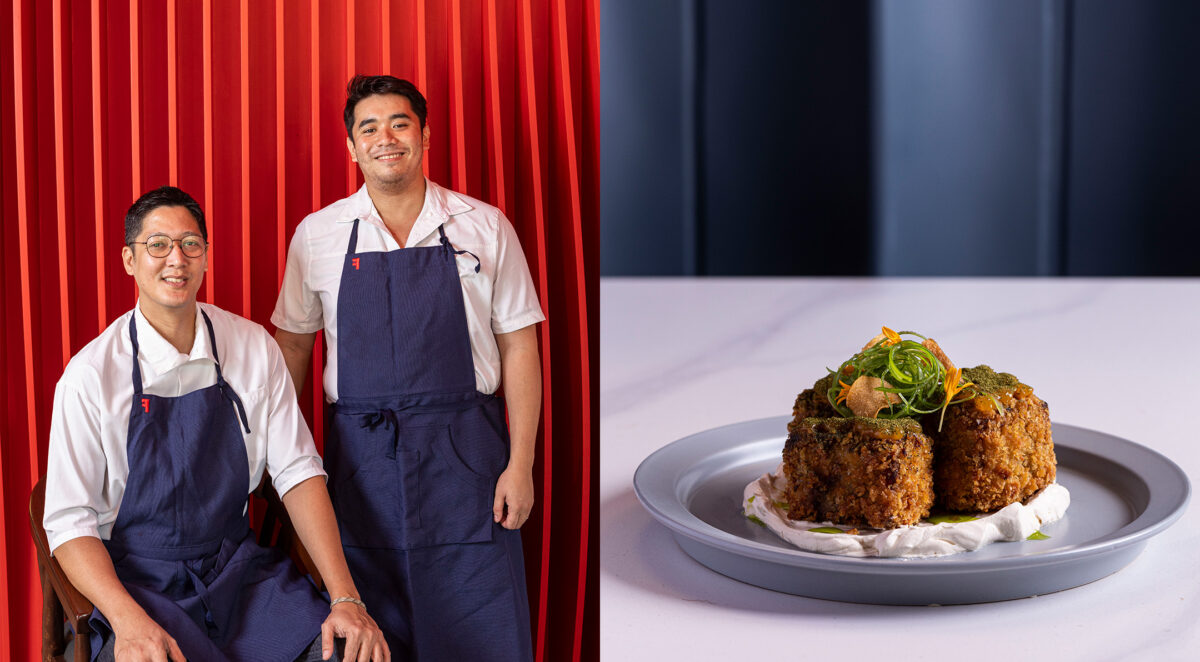
Filipinos could have a genetic risk for developing colon cancer, said Dr. Noel Sunico-Rodriguez Fajardo, a Filipino-American physician whose advocacy is to help the fight against colon cancer.
Fajardo, a Las Vegas-based gastroenterologist, had his internal medicine specialization at Mount Sinai School of Medicine in New York. He had a subspecialty training in gastroenterology and hepatology and GI motility at Mayo Clinic in Rochester, Minnesota.
A decade ago he founded Las Vegas Gastroenterology, a clinic that serves the needs of the Fil-Am community in Las Vegas.
“Our clinic is unique in that we have access to a huge
Filipino-American population. There are phenotype characteristics of people with cancer compared to other races. There is a different phenotype among Filipinos,” Fajardo said.
Younger patients
A genotype is the set of genes in the DNA responsible for a particular trait. The phenotype is the physical expression or characteristics, of that trait.
Fajardo said that Filipinos also get colon cancer younger, in their 20s and 30s.
The classic colon cancer formation starts with polyps. But with Filipino patients, colon cancer appears out of nowhere, he pointed out.
Polyps are abnormal tissue growths often found in the colon. What doctors look for during a colonoscopy are precancerous polyps so they can remove them before they turn into cancer.
Polyps formation is where colon cancer starts—one out of three are precancerous, he said—so that patients going straight to developing colon cancer are very unusual indeed. Filipinos tend to be that type of patient.
“So the doctors in my clinic do not know if it’s a genetic disorder or there is a gene present in our gene pool na nagkakaroon tayo ng cancer bigla sa colon, like a genetic risk that hasn’t been discovered yet,” Fajardo said.
Not diet
It could not be in the diet, Fajardo said, since Fil-Ams follow the American diet.
“We’re talking about healthy, mostly young Filipino men getting cancer. They experience some bleeding or weight loss but you don’t think it’s cancer right away. You might assume it’s hemorrhoids, but when you look inside, you see cancer,” he said.
Fajardo said that for a decade, his clinic has seen thousands of Fil-Am patients. His colleagues called his attention: “There’s something different in your patient population that needs to be looked at.”
A formal study will be published. “We haven’t looked into all the data,, so everything is still anecdotal,” he said.
People, he said, need to learn the ABCs of colon cancer:
Abdominal pain or bloating you can’t explain; Bleeding (majority is hemorrhoids, though); and Change in bowel movements.
“The colon is a tube—a wastebasket, storage for stool. If you have a problem moving bowels, get yourself checked,” he said.
A colonoscopy is a diagnostic tool similar to an X-ray or a CT-scan. To this day, it is still the gold standard in colon cancer screening. The process involves inserting a five-foot-long scope into the anus (the colon is eight feet long), so that doctors can have a look through the entire colon to check for polyps.
Screening methods
Its invasive nature has discouraged people from getting screened. There are now other methods, such as stool tests and blood tests, Fajardo said. Doctors look for blood in stool or genetic markers that may indicate an increased risk of developing polyps.
In the United States, screening is recommended for those who are 50 and above, although data suggest to bring it down to 45, he said.
Those with family history of colon cancer need to get screened 10 years earlier. Fajardo said if your immediate family, like your father, for example, was diagnosed at 45, you need to have a colonoscopy at 35. But if you have a relative diagnosed at 60, you need to get screened at 40.
The World Health Organization has looked at the risk of red-meat consumption as possible cause for colon cancer. Still, it does not answer why people living in countries with vegetarian diets, such as India, get colon cancer.
“Every second, 24/7, the body is healing itself. Our body will find a way to heal itself. If you have a wound, there’s a gene that encodes the protein and it will replace that open wound with a scar or a keloid. The problem with cancer is, it is uncontrolled growth,” Fajardo said.
There is a connection between cancer detection and technology. If the technology is good, there are better chances to find cancerous or precancerous cells.
In the US, doctors tailor the treatment to the genetic profile of the patient. So, before prescribing a cocktail of drugs, doctors check first if the tumor will respond to that cocktail of drugs.
The future of cancer treatment is gene therapy, Fajardo said. A virus will be used to repair a gene and stop cancer growth.
Like most cancers, however, early detection is the key. Your chances of survival will depend on it.


